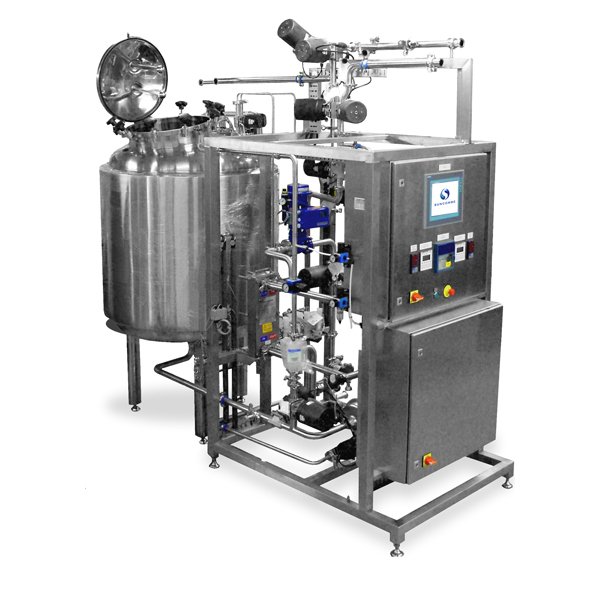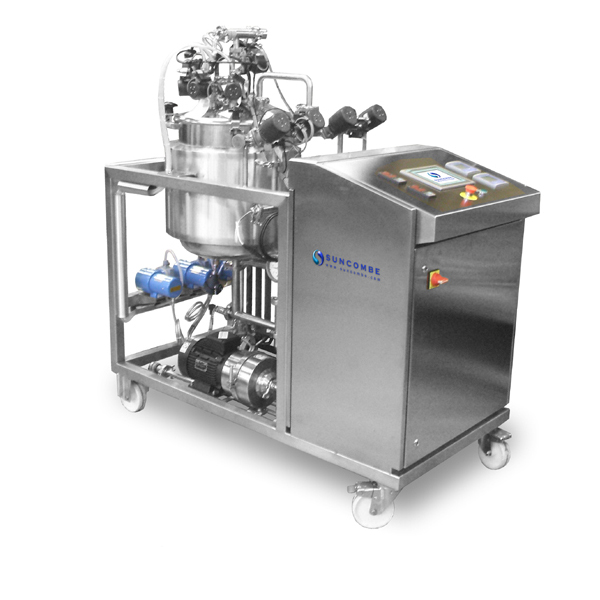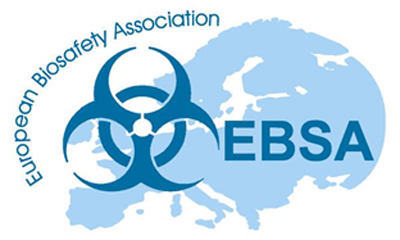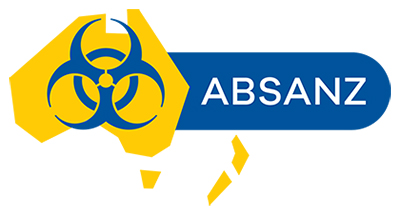Cleaning In Place
STATIC CIP
CIP systems or in its full form, Cleaning In Place systems, are defined as equipment and techniques to allow cleaning of process equipment without dismantling.
Mobile CIP
Our MobileCIP systems allow the cleaning of process equipment without dismantling, or manual cleaning with minimal operator involvement and all have mobile ability.
Importance of CIP in various industries
Cleaning in Place (CIP) is essential in various industries because of its ability to clean and sanitize equipment without dismantling it, thus minimizing downtime, labour costs, and risks of contamination. The following are some of the key industries where CIP is crucial:
Pharmaceutical Industry
In the pharmaceutical industry, CIP is critical to ensuring drug product quality and patient safety. CIP systems are used to clean equipment such as reactors, mixers, and filling machines, which are used in the production of drugs. CIP helps prevent cross-contamination of drugs and ensures that the equipment is free of any residues that may affect drug potency or purity.
Biotechnology Industry
In the biotechnology industry, CIP is essential in the production of biologics, including vaccines, therapeutic proteins, and monoclonal antibodies. CIP systems are used to clean equipment such as fermenters, bioreactors, and chromatography columns, which are used in the production of biologics. CIP helps prevent contamination of biologics and ensures that the equipment is free of any residues that may affect the quality or efficacy of the products.
Food and Beverage Industry
In the food and beverage industry, CIP is vital to ensuring food safety, product quality, and compliance with regulatory requirements. CIP systems are used to clean equipment such as tanks, pipes, pumps, and valves, which are used in food processing, storage, and distribution. CIP helps prevent the growth of bacteria and other microorganisms that can cause spoilage or contamination of food products.
Cosmetics Industry
In the cosmetics industry, CIP is crucial to ensuring product quality, safety, and compliance with regulatory requirements. CIP systems are used to clean equipment such as mixers, tanks, and filling machines, which are used in the production of cosmetics. CIP helps prevent the growth of bacteria and other microorganisms that can cause spoilage or contamination of cosmetics products.
Dairy Industry
In the dairy industry, CIP is essential to ensure product quality and safety. CIP systems are used to clean equipment such as milking machines, storage tanks, and processing equipment, which are used in the production of milk and dairy products. CIP helps prevent the growth of bacteria and other microorganisms that can cause spoilage or contamination of dairy products.
In summary, CIP is essential in various industries to ensure product quality, safety, and compliance with regulatory requirements. CIP helps prevent contamination of products, minimize downtime and labor costs, and ensure that the equipment is free of any residues that may affect product quality or safety.
Speak to a CIP specialist
Sustainability in Cleaning In Place Systems
Sustainability is an increasingly important consideration in various industries, including those that use cleaning in place (CIP) systems. Here are some ways in which sustainability can be incorporated into CIP systems:
Chemical Selection
The chemicals used in CIP systems can have a significant impact on the environment. It is important to choose cleaning solutions that are biodegradable and non-toxic. This reduces the impact on the environment and ensures that the cleaning agents are not harmful to people who may come in contact with them.
Water Conservation
Water is a vital resource, and its conservation is essential. CIP systems use a significant amount of water in the cleaning process. It is important to design CIP systems with water conservation in mind. This can include recycling and reusing water, using low-flow or high-pressure nozzles, and optimizing the cleaning solution concentration to reduce water usage.
Energy Efficiency
CIP systems use pumps, heat exchangers, and other equipment that consume energy. It is important to design CIP systems with energy efficiency in mind. This can include selecting equipment that is energy-efficient, designing the CIP system for optimal flow rates and pressure, and optimizing the cleaning solution temperature to reduce energy consumption.
Waste Reduction
CIP systems can generate waste, such as cleaning solution, rinse water, and solids. It is important to design CIP systems with waste reduction in mind. This can include using cleaning solutions that generate less waste, designing the system to minimize waste generation, and treating and disposing of waste in an environmentally responsible manner.
Life Cycle Assessment
Conducting a life cycle assessment (LCA) of CIP systems can help identify areas where sustainability can be improved. LCA considers the environmental impact of the entire life cycle of a product or process, from raw material extraction to end-of-life disposal. This can help identify areas where improvements can be made, such as reducing energy consumption, water usage, and waste generation.
Incorporating sustainability into CIP systems is essential to ensure that the cleaning process is environmentally responsible, reduces waste, conserves resources, and ultimately leads to a more sustainable future.
We are able to accommodate multiple user requirements, and are experienced in designing and manufacturing systems to various specification variables. Quickly fill out your information in the form below so one of our team members can help you with your specific requirements.




